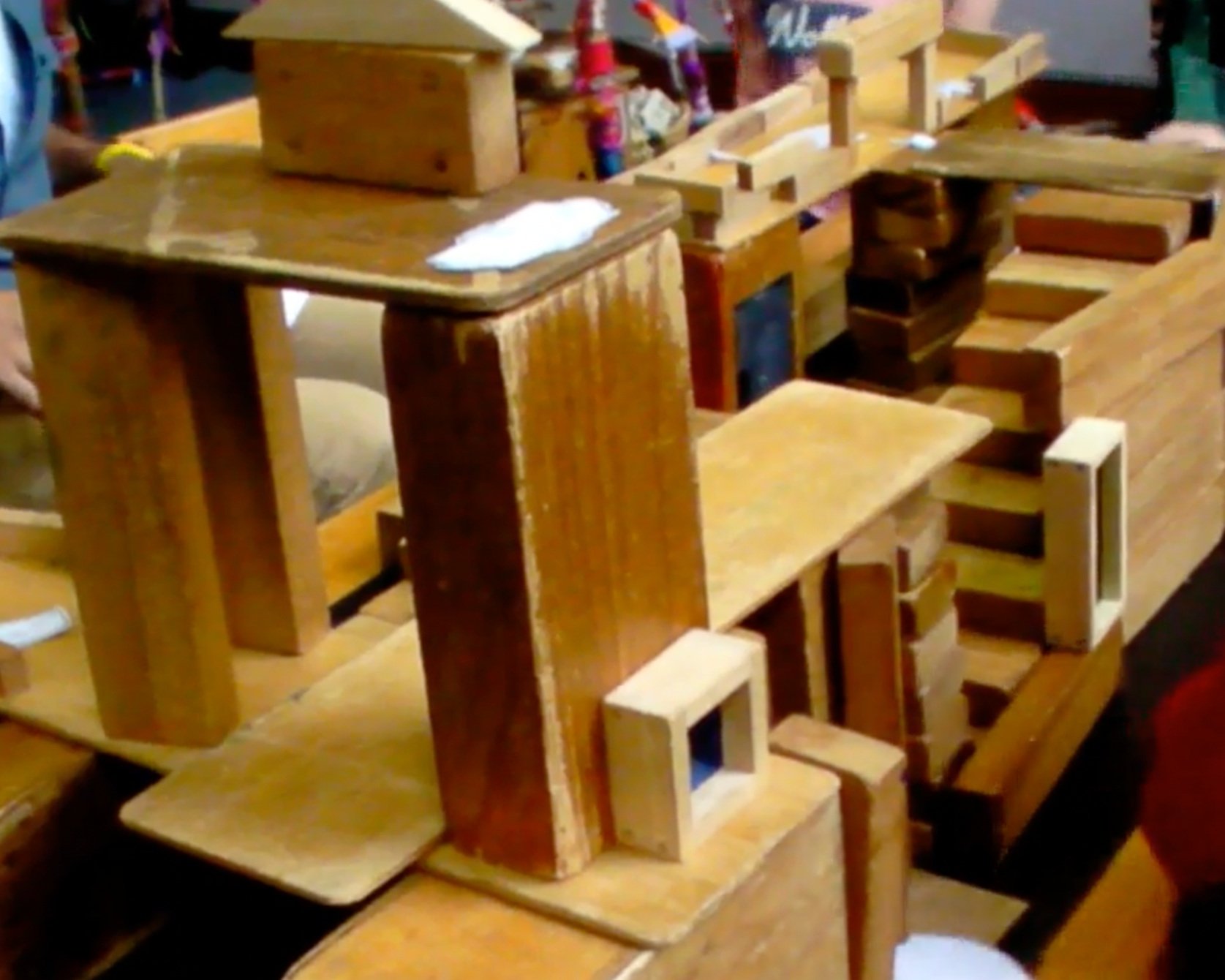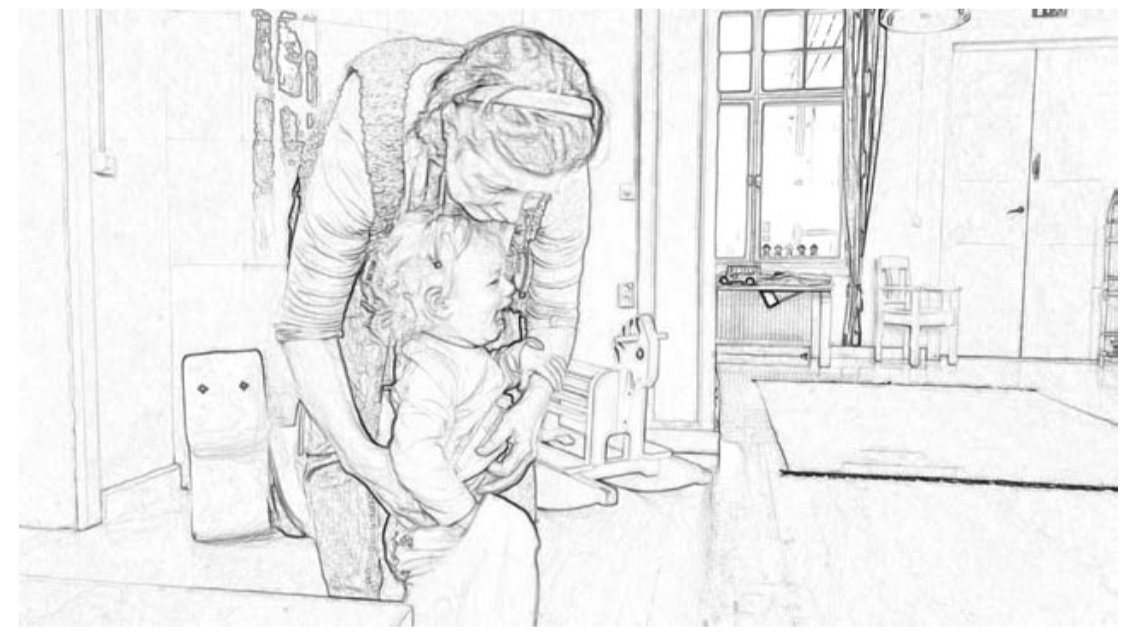Data sessions at Linköping University | September 2023
ECEC research concerned with the ‘role’ of the teacher, but play is a co-constructed, collaborative, multi-party activity (Bateman, 2015; Jung, 2013; Pursi, 2022, 2019; Pursi & Lipponen, 2018). In other words, our analytic interest is “not the individual action but an interactive field that is sustained through the co-operative action of different kinds of actors” (Goodwin, 2018).
Studying interactions in early childhood education (Amelia Church and Amanda Bateman)
The aim of the workshop is to discover, through sharing analytic insights about extended sequences of child-teacher interactions, how teaching and learning is collaboratively achieved through talk-in-interaction. We will discuss how the methods of conversation analysis can be used to uncover the practices of pedagogy in early learning environments. Video recordings of interactions between young children and teachers in various environmental contexts are the data. We will explore how participation frameworks are established, how question-answer sequences are managed and how children’s rights to talk can be facilitated by teachers. We will pay close attention to how contiguity is achieved (or not) in next actions, with a view to how the child might be (or not) at the centre of child-centred learning. The concept of ‘sustained shared thinking’ is valued in early childhood education yet is seldom explicated; participants in this workshop will identify how this concept might be practically achieved.
During their March 2023 trip to Australia, Alexa Hepburn and Jonathan Potter will lead a workshop on emotion with data involving children.
Online Monday 20 March.
EECERA Conference, Glasgow 2022.
Using research methodology as a method for professional learning
Research aims: We will illustrate how real-life video clips of teacher-child interactions analysed through the methodology of conversation analysis (CA) can be used for professional learning in effective ECEC pedagogy.
Digital Conversation Analysis Conference Workshop
This workshop will focus on sequences in learning interactions in early childhood education and care. Materials available November 2022.
Co-action lab. UCLA April 27 2022
In our talk we explore analysis of question–answer sequences during problem inquiry between ECE teachers and children in New Zealand and Australia. Conversation analysis is used to reveal which questions the teacher asks, how children answer the questions, and the teacher’s responses to the child’s answers. Although adults’
‘effective’ questions were identified and promoted in the REPEY study much less attention has been given to how adults respond to children’s answers. It is imperative to investigate the sequences of talk which follow a question in order to establish how teaching and learning is co-constructed in context, one utterance at a time and as a joint project between teacher and child. In analysing this data, we are paying attention to how the teacher's talk is contiguous to the child's response; that is, how the teacher builds on the display of the child's understanding by (re-)designing (the next question in) the next turn.





